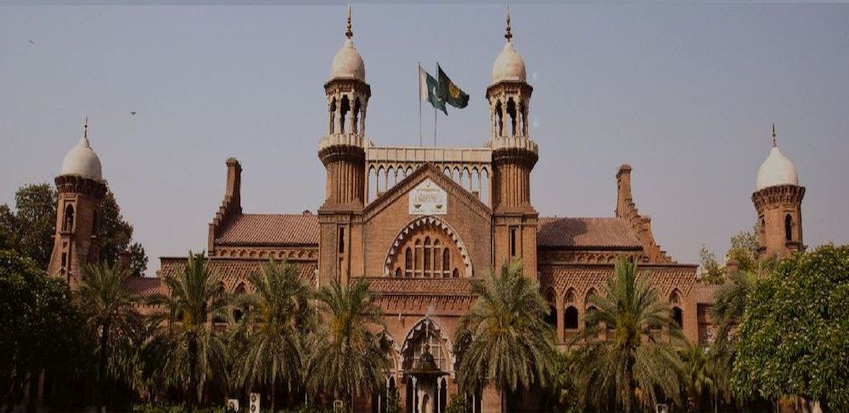Substantive Changes in Law do not operate Retroactively unless expressly provided by the Statute --- Lahore High Court, Lahore
Islamabad 27-09-2024: In a significant ruling, the Lahore High Court has ruled in favor of Faiza Basir Syed, a former director of Oyster Fiberglass Pvt. Ltd., overturning a Customs Appellate Tribunal decision that had held her liable for the company’s customs dues. The judgment provides important clarifications on the retrospective application of laws and the liability of directors and legal heirs under the Customs Act, 1969.
The case revolves around a dispute involving customs duties amounting to Rs. 94.76 million, imposed on Oyster Fiberglass Pvt. Ltd. in 2000 after a Show Cause Notice was issued to the company for allegedly violating customs exemptions under SRO 69(I)/1970 and SRO 671(I)/1994. The Customs Appellate Tribunal upheld the imposition of duties and ordered recovery from property that had been transferred by the company’s director, Begum Birjees Zaheer Abbas, to her daughter, the applicant, Faiza Basir Syed.
Syed, who resigned as director of the company in 1992, argued that she should not be held liable for the company’s dues, as the show cause notice was never directly addressed to her, and she was not a director at the time of the violations.
The case brought before the Lahore High Court raised two critical legal questions:
- Whether, prior to the Finance Act, 1999, the Customs Act, 1969, contained any provisions making directors personally liable for the company’s customs obligations.
- Whether the Customs Appellate Tribunal erred in holding Syed, as the legal heir of Begum Birjees Zaheer Abbas, liable for the dues based on the transfer of property from her mother.
The Lahore High Court delivered its ruling on September 11, 2024, addressing the legal questions in favor of the applicant. The Court made several significant findings:
- The Court held that the definition of “defaulter” under Section 2(y) of the Customs Act, 1969, and the proviso to Section 202(1), introduced via Finance Act, 1999 and Finance Act, 2007 respectively, could not be applied retrospectively to hold Syed or her mother liable for the company’s dues. The Court emphasized that substantive changes in law do not operate retroactively unless expressly provided by the statute.
- The Court ruled that Syed, who resigned as a director in 1992, could not be held liable for the customs dues of Oyster Fiberglass Pvt. Ltd. The Customs Recovery Rules, 1992, cited by the Tribunal, did not impose liability on former directors or legal heirs for the company’s obligations.
- The judgment also noted that the necessary legal procedures, such as the issuance of a demand notice to the defaulter (in this case, Begum Birjees Zaheer Abbas), had not been followed by the customs authorities. This failure undermined the recovery proceedings initiated against Syed.
- The Court rejected the Tribunal’s assertion that Syed was barred from challenging the recovery order based on the doctrine of res judicata, as the previous Lahore High Court ruling only addressed the attachment of her property and not the underlying customs liability.
This ruling clarifies the scope of directors’ liability under the Customs Act, 1969, particularly in cases involving retrospective application of amendments. It establishes that individuals who have resigned from their roles as directors before the enactment of relevant statutory provisions cannot be held liable for company dues unless specific legal processes are followed.
The judgment also highlights the importance of procedural due process in recovery actions, with the Court criticizing the customs department for failing to issue the mandatory demand notices before pursuing recovery from the applicant.
The Lahore High Court’s decision provides relief to Faiza Basir Syed and sets an important precedent for similar cases involving the recovery of customs duties from former directors and legal heirs. The ruling underscores the need for the customs authorities to strictly adhere to procedural requirements before initiating recovery proceedings against individuals not directly liable for a company’s customs dues.
Powered by Froala Editor








